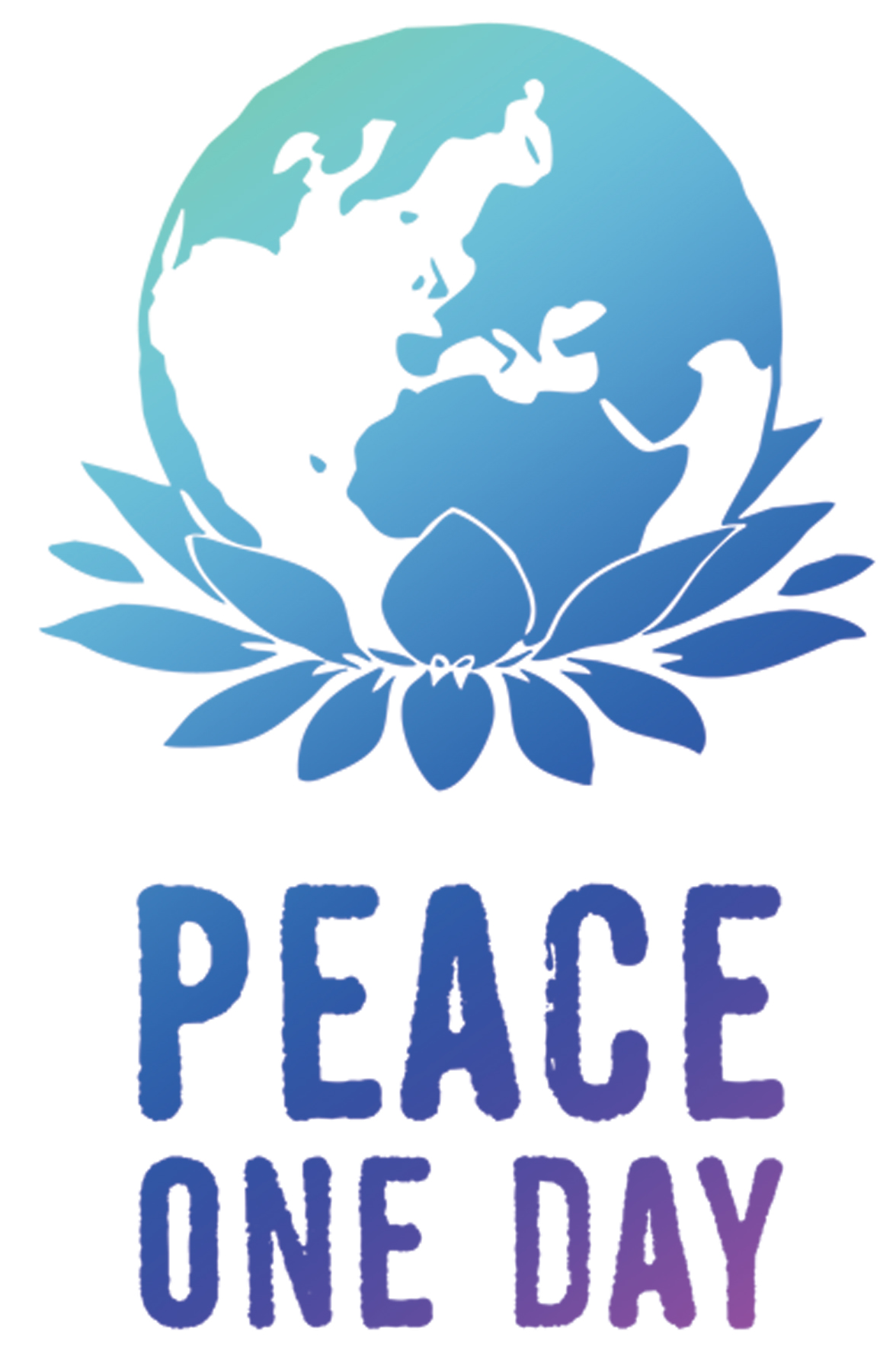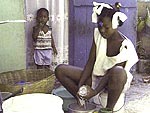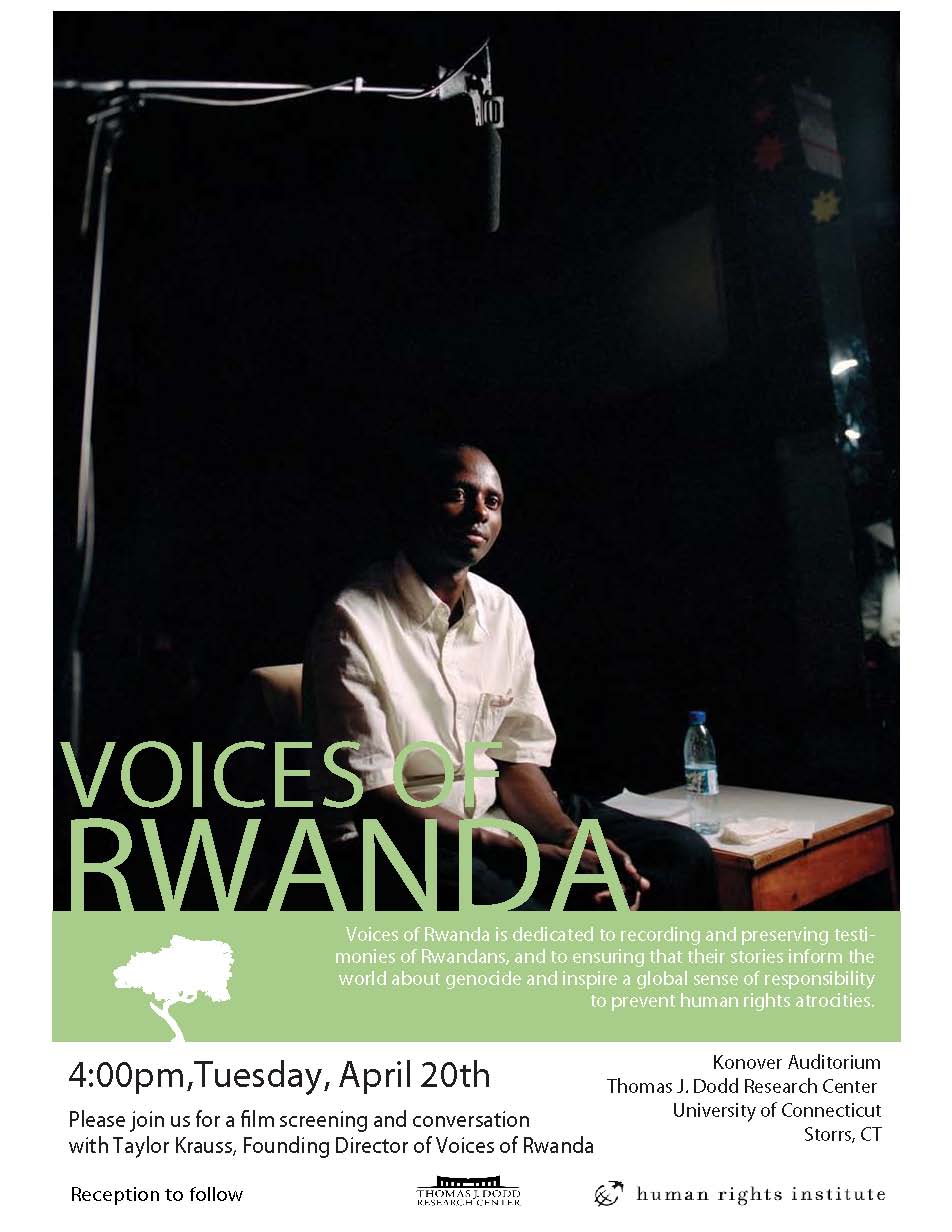Grace Lile at WITNESS has written a great post on their blog about Activism and Archives. It’s definitely worth a read.
From the post:
In 1970, at the annual meeting of the Society of American Archivists, gadfly historian Howard Zinn gave a seminal speech* in which he challenged one of the core foundational principles upon which modern archives practice was built, that of neutrality. The whole notion, said Zinn, was a “fake,” a cop-out, a dangerously passive avoidance of the inherently political nature of the archival endeavor. Neutrality allowed the archivist to perpetuate the status quo, to reflect and reinforce society’s economic and political disparities, and to preserve the interests of the rich, powerful, literate, or otherwise privileged, at the expense of the less so.
“The existence, preservation, and availability of archives, documents and records in our society are very much determined by the distribution of wealth and power. That is, the most powerful, the richest elements in society have the greatest capacity to find documents, preserve them, and decide what is or is not available to the public. This means that government, business, and the military are dominant.”
Zinn challenged his audience to question their own unwitting acquiescence to entrenched power, to campaign against government secrecy, and to acknowledge and confront the societal biases that ignore the marginal, the poor, the non-literate, and even the ordinary; in essence, to embrace an activist rather than passive mindset.
This generated a considerable amount of controversy at the time, but in the 40 years since, numerous writers and participants in archival discourse have invoked the word activist in calling for new approaches to a range of archival concepts and practices, including ownership, diversity, non-textual cultural heritage, information rights, community archives, the definition of the record, user participation, ethical codes, and the responsibilities of the archivist. Author and former SAA President Rand Jimerson wrote:
“Archivists should use their power—in determining what records will be preserved for future generations and in interpreting this documentation for researchers—for the benefit of all members of society. By adopting a social conscience for the profession, they can commit themselves to active engagement in the public arena. Archivists can use the power of archives to promote accountability, open government, diversity, and social justice. In doing so, it is essential to distinguish objectivity from neutrality. Advocacy and activism can address social issues without abandoning professional standards of fairness, honesty, detachment, and transparency.” [emphasis mine]
Read the rest over at the WITNESS blog: http://blog.witness.org/





